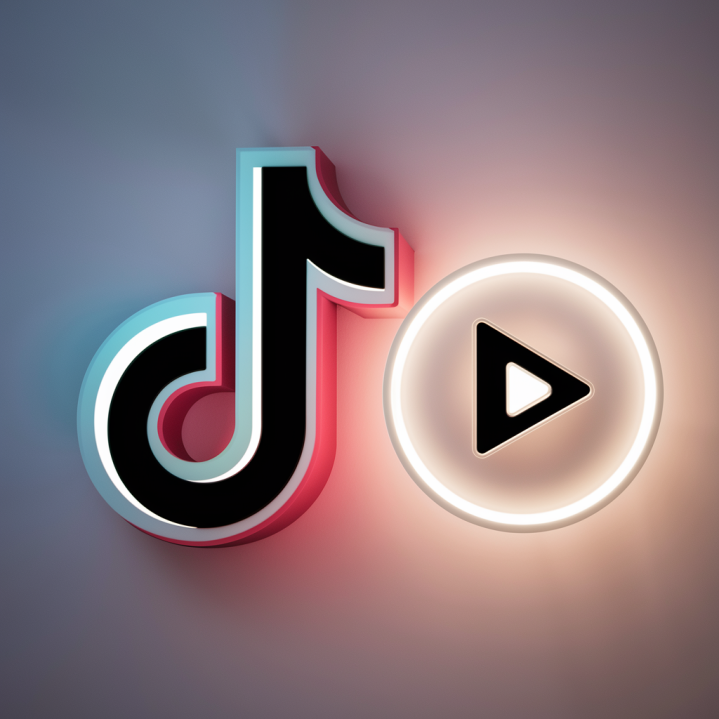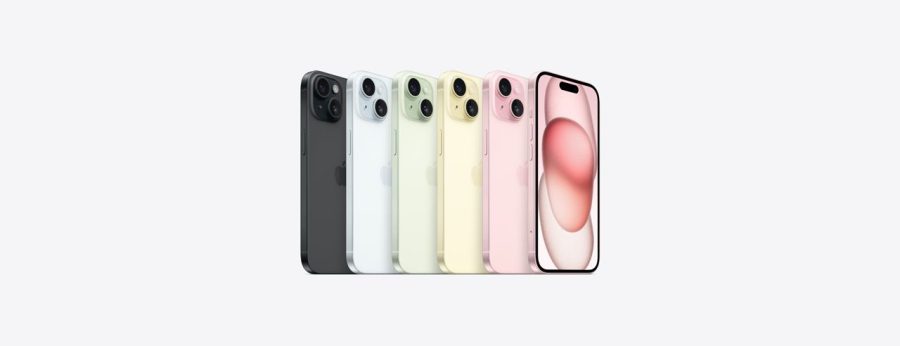Grooveshark may have been booted from both the iTunes App Store and Android Market, but that’s not stopping the controversial music streaming startup from forging ahead with its mobile strategy. Rather than going back and forth with Apple and Google, the company has taken matters into its own hands by launching a Web app that forgoes Flash in favor of HTML5.

The Grooveshark HTML5 app can stream music from any modern mobile browser, including Safari on the iPad, iPhone and iPod Touch. Until now, the service wouldn’t work on (non-jailbroken) iOS devices, since the desktop Web app for Grooveshark utilizes Flash for playback.
Like any good mobile Web app, Grooveshark’s has the feel of a native application, albeit a visually stripped-down one. Users can search for music, listen to pre-built stations or stream what’s trending under the “Popular” tab. It borrows a few UI conventions from native mobile apps, such as sliding down and releasing to load more content. On the iPad, the app’s interface scales up nicely and plays back without any major problems. You can even minimize Safari and let it stream in the background while you do other things.
There’s a Cross-Platform Compatible HTML5 Mobile Web App For That
Grooveshark isn’t the first company to use the power of HTML5 to circumvent proprietary app store restrictions. The Financial Times launched a Web app of its own last year to get around Apple’s steep subscription revenue share requirements. The browser-based version functioned as well as any basic native app and even led to an increase in mobile traffic for the Financial Times, thanks to its cross-platform compatibility.
Amazon has made HTML5 an increasingly central part of its mobile strategy as well, launching the Web-based Kindle Cloud Reader and more recently unveiling an iPad-optimized Kindle e-book store.
Grooveshark’s reasons for having to go around Apple and Google are a bit different than Amazon’s. The music startup isn’t so much concerned about subscription revenue share terms, but rather has been ejected from native app stores because of the legally-questionable nature of its functionality and business model. The company is currently being sued by every major music label, with EMI recently piling on despite being the only one with which Grooveshark has a formal deal in place. The company allegedly hasn’t been forthcoming with royalty payments to EMI, so the label has taken Grooveshark to court. Universal Music Group, Sony Music and Warner were already litigating against the company, accusing it of permitting widespread copyright infringement.
Grooveshark’s longterm viability in the face of these lawsuits may be unclear, but for now the company is pushing forward and making its service available to more smartphone and tablet users.









